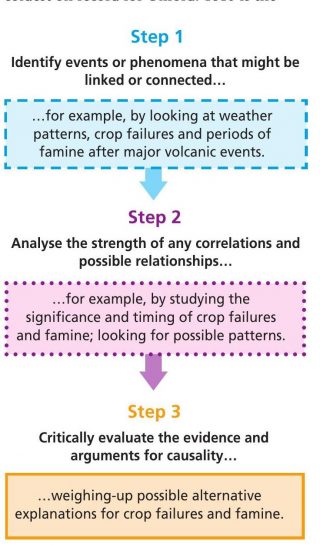
There is more migration in the world today than ever before. It is estimated that there are over 200 million international migrants in the world, up from 96 million in 1960. Not only does this represent a growing share of the world’s population living outside their country of birth, but if internal migration (from one region of a country to another) is included, then there are nearly 1 billion migrants in the world. Put simply, that means one in seven of the world’s population is living away from their place of birth.
It is no surprise that migration should be growing in an increasingly interconnected world. The combination of technological change, improved transport infrastructure and economic growth has made all kinds of mobility more possible, and has brought long-distance migration within the reach of a much larger proportion of humanity. Individuals in a wider range of countries have a growing range of choice about where to study, where to work, where to relax and where to retire. If they take up these choices, they can choose to do so on a short- or a long-term basis. As a result, all kinds of mobility — from leisure and business travel to seasonal and permanent migration — have grown.
Your organisation does not have access to this article.
Sign up today to give your students the edge they need to achieve their best grades with subject expertise
Subscribe




